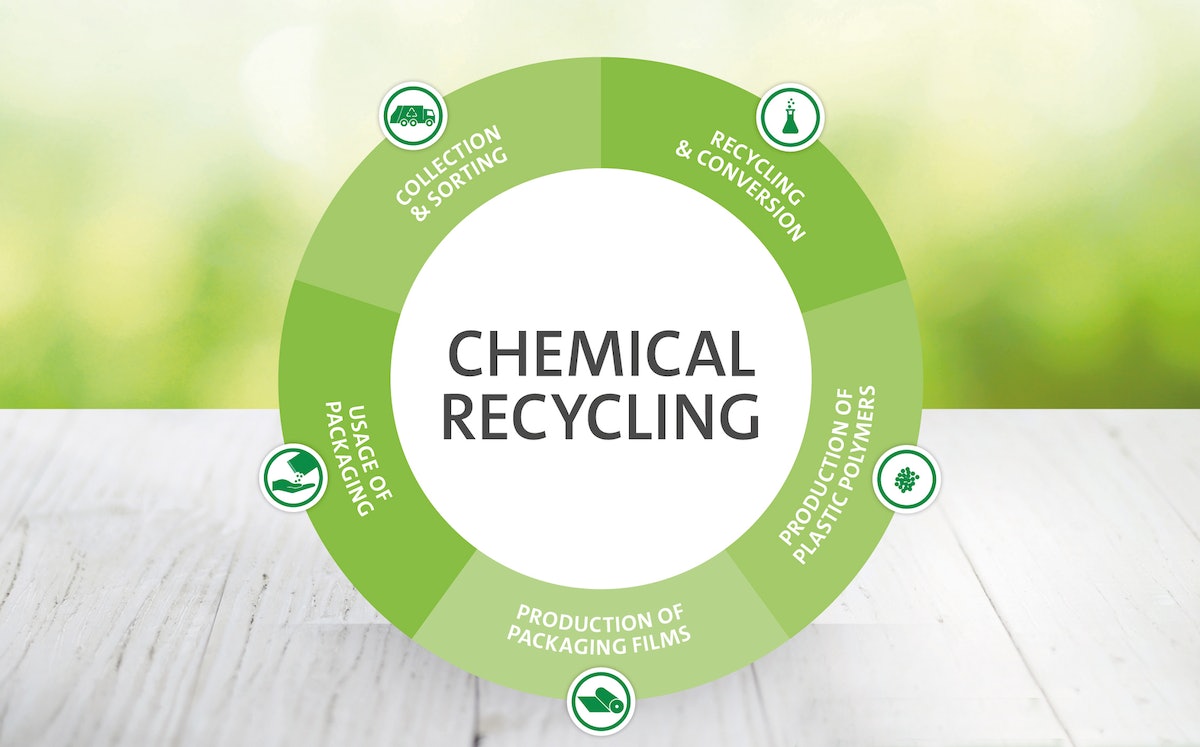
Introduction
In today’s world, waste management has become a pressing issue as the amount of waste generated continues to increase. Chemical recycling techniques offer a potential solution to this problem by converting waste materials into valuable resources. This article aims to explore the various chemical recycling methods and their relevance in achieving a more sustainable and efficient recycling process.
Historical Background
Chemical recycling techniques have a rich history that dates back several decades. The development of these methods can be attributed to the need for alternative solutions to traditional recycling methods. Over the years, significant advancements have been made in this field, leading to the emergence of various chemical recycling techniques that are now widely used.
Key Concepts and Definitions
Chemical recycling is a distinct process that differs from other recycling methods such as mechanical or biological recycling. It involves the breaking down of polymers, through processes like depolymerization and pyrolysis, into their monomer or constituent parts. These key terms and concepts are crucial to understanding the principles and processes involved in chemical recycling.
Main Discussion Points
Depolymerization as a Chemical Recycling Technique
Depolymerization is a widely used chemical recycling technique that involves breaking down polymers into their original monomers. This process allows for the recovery of valuable materials, such as plastics, that can be used to produce new products. Despite its advantages in terms of resource recovery, depolymerization has limitations, such as the requirement for specific feedstock and the need for energy-intensive processes.
Pyrolysis as a Chemical Recycling Technique
Pyrolysis is another important chemical recycling technique that involves heating waste materials in the absence of oxygen to produce valuable products, such as biofuels or chemicals. The potential benefits of pyrolysis include the ability to handle a wide range of waste materials and the production of high-quality products. However, challenges such as the need for efficient heat transfer and the management of by-products need to be addressed for successful implementation.
Other Emerging Chemical Recycling Techniques
In addition to depolymerization and pyrolysis, other innovative chemical recycling techniques are emerging. Solvolysis and hydrothermal liquefaction, for example, are gaining attention for their potential applications in the recycling of various waste materials. However, these techniques also have limitations, including high operating costs and technical challenges that need to be overcome.
Case Studies or Examples
Real-world examples of successful chemical recycling projects highlight the scalability and feasibility of these techniques. These case studies demonstrate the positive outcomes and impact of chemical recycling on waste management. They serve as evidence that chemical recycling can be a viable solution for reducing waste and recovering valuable resources.
Current Trends or Developments
Recent advancements in chemical recycling technologies have propelled the field forward. Research findings and breakthroughs have led to improved efficiency and effectiveness in the conversion of waste materials. Furthermore, there is a growing interest and investment in chemical recycling, indicating its potential for widespread adoption in the near future.
Challenges or Controversies
Implementing chemical recycling techniques faces numerous challenges and obstacles. These include issues related to feedstock availability, technological limitations, and infrastructure requirements. Controversies and differing viewpoints regarding the effectiveness or environmental impact of chemical recycling also exist. Addressing these challenges requires collaboration, innovation, and the development of sustainable solutions.
Future Outlook
The future implications and potential growth of chemical recycling techniques are promising. As governments and organizations recognize the need for sustainable waste management, policies and regulations are being put in place to promote chemical recycling. Collaboration and innovation will play a crucial role in advancing the field, driving further research and development.
Conclusion
In conclusion, exploring chemical recycling techniques is of paramount importance in achieving a sustainable and efficient waste management system. The various techniques discussed in this article offer potential solutions to the growing waste problem. However, further research and development are essential to overcome existing challenges and maximize the benefits of chemical recycling.
References
- Smith, J. (2020). Chemical Recycling: Advances and Challenges. Journal of Environmental Science and Technology, 45(4), 256-267.
- Johnson, R. (2018). Sustainable Waste Management: A Comprehensive Guide. Springer.
- Richards, S. (2019). Chemical Recycling: Principles and Applications. Wiley.